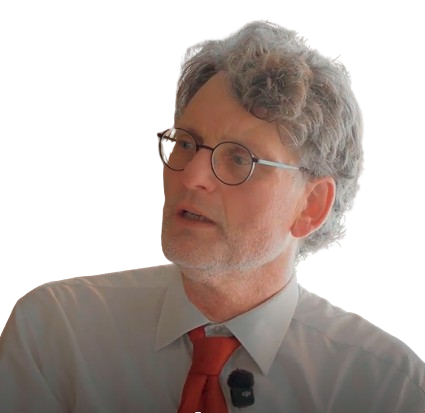Sibout Nooteboom
Strategic Advisor

On this page you can find three essays by Sibout Nooteboom linked to the article ‘For sustainable development, impact assessment must build trust. Artificial Intelligence could support and undermine that.’
Sibout is a reflexive practitioner at the NCEA and associated with the Erasmus University of Rotterdam’s research group on public governance. In July 2025, to be downloaded below. All views expressed in the essays and the article are personal and do not necessarily express the views of the NCEA or the Erasmus University.
The article is available here (payment or subscription required).
You can download the essays below ???. Enjoy reading!
Sibout is eager to hear your reflections. Feel free to reach out!
Essay 1. Making SEA contribute to strategic capacity
The central hypothesis of this essay is that the main purpose of the SEA procedure is to increase our capacity of considering strategic alternatives to set transformative change in motion if we think that this is necessary for a sustainable development. That strategic capacity itself, however, is not SEA. It is connecting across our public – private governance system, engaging in joint fact finding.
Essay 2. Using SEA to balance the powers that can transform our development
The central hypothesis of this essay is that powerful actors can use SEA ‘charitably in their own interest’. As long as power imbalance remains pervasive, dominant actors can give otherwise dominated actors more influence, knowing that in the long term ‘we all depend on each other’. Some agencies are specialised ‘quasi-charities’.
Essay 3. Making SEA stronger with Artificial Intelligence
The central hypothesis of this essay is that if Artificial Intelligence is to make SEA stronger, AI foremost must increase our strategic capacity. Not make the powerful more powerful.
‘Can AI make Strategic Environmental Assessment stronger?’
Presentation given at IAIA25, with practical cases from various african countries.